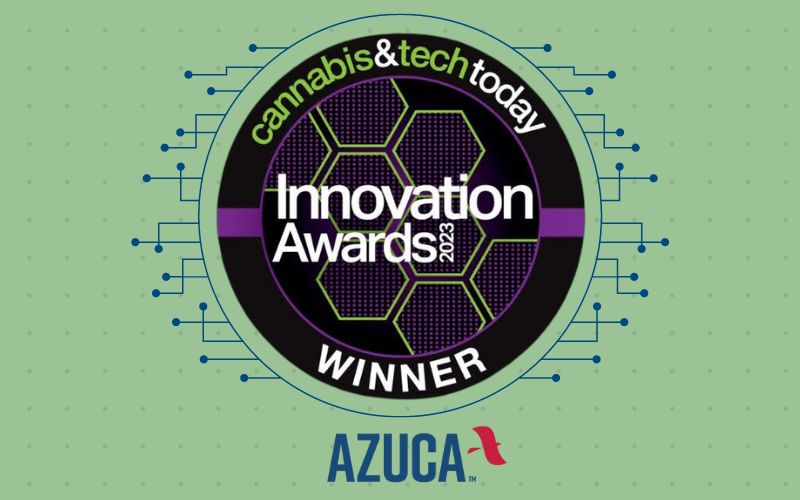Beverages infused with cannabis or hemp are an increasingly hot commodity lately, but the production process is not as simple as making other drinks, like alcoholic beverages or soda.
Producing cannabinoid infused beverages is much more delicate and great care needs to be taken to ensure that the beverage meets quality targets during production and later in retail.
Here are the key things you must consider if you want to start working with cannabinoids.
Picking the right partners.
Infusing beverages with cannabinoids is perhaps the most important stage of product development, unfortunately it is also the least understood.
If you’re not going to undertake this in house, it’s key that you partner with a company that has extensive experience in this step.
But when selecting a co-packer, many brand owners overlook key processing parameters that can lead to a lack of oversight and can seriously compromise the quality of their finished beverage and hurt sales.
Know your labels
As the cannabis beverage industry matures, it will be imperative that label claims for cannabinoids are accurate and brands understand their true product shelf-life.
Failure to address these processing issues could result in regulatory scrutiny from State and local authorities and lead to customer dissatisfaction due to inconsistent functional effects.
Prioritize critical process parameters
Choosing the appropriate critical process parameters (e.g. total package oxygen, filtration, pasteurization, packaging, etc.) and avoiding common pitfalls during manufacturing are crucial to success.
Correct identification of these parameters requires direct experience developing and commercializing cannabis/hemp infused products, as well as a deep understanding of formulation and instability/stability promoting phenomena.
Pilot production is key
Any beverage that is produced for consumption requires a set of specifications to ensure lot to lot consistency and compliance with the applicable regulations.
For non-infused beverages (e.g. sparkling waters), these specifications focus on factors such as taste, acidity, etc.
However, the compliance aspect of cannabinoid-infused beverages is more complex than those for their non-infused counterparts.
An infused beverage, along with other typically standard specifications, needs to deliver the amounts of cannabinoids that are listed on the product label often within a tight range.
Given the complex nature of converting cannabinoids into water-soluble formats, setting the right processing parameters to confidently and reproducibly achieve said specifications is of utmost importance for cannabis beverages.
Hence, the importance of pilot production.
Failure to properly scale-up the production process ahead of commercialization can lead to major financial and environmental losses due to non-compliant product destruction.
During a successful pilot production, factors such as dosing inconsistencies, transfer losses, and losses due to potential heat treatments can be accurately characterized and used to model process deviations and/or corrections in advance of large scale commercial production.
The cannabis beverage industry is still developing and it is essential brands emphasize consistency in labeling to support a more legitimate cannabis industry as a whole.
By choosing a partner with experience navigating the complexities of the industry, your business will avoid the common missteps many face throughout the process and go on to produce a compliant and high quality cannabinoid-infused beverage.
Nick Jackowetz is the Chief Scientific Officer and co-founder at Cirona Labs. He previously led the formulation team at Canopy Growth, where Jackowetz helped create industry disrupting cannabis infused beverages for the Canadian market. Cirona Labs is a botanical ingredient company that creates custom, natural, research-driven hemp-based ingredients with superior bioavailability/efficacy, taste, appearance and stability. Dr. Jackowetz received his B.Sc. in Biomedical Toxicology from the University of Guelph in Canada and his Ph.D. in Food Science from Cornell University.







